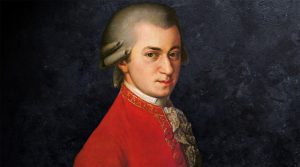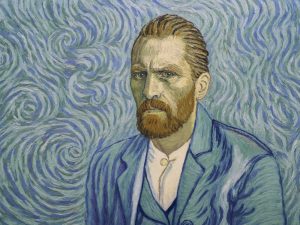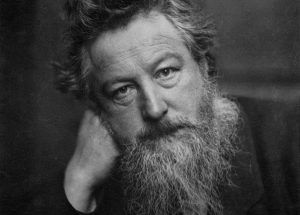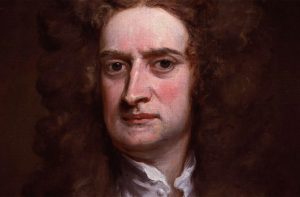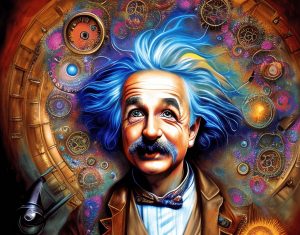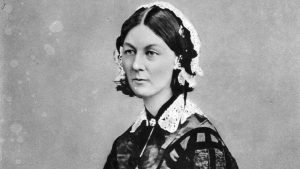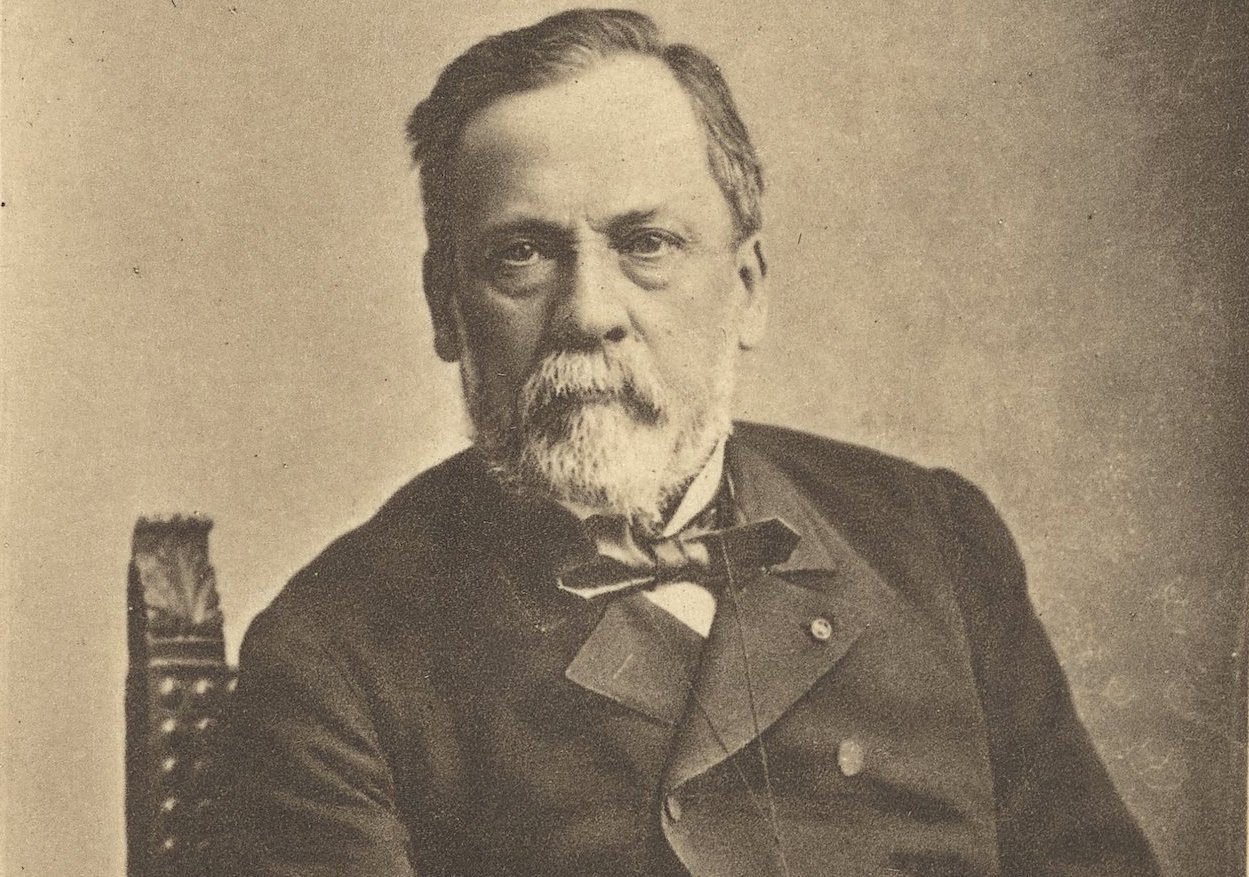
31 interesting facts about Louis Pasteur
- 👁️ 402
Louis Pasteur, a name synonymous with groundbreaking contributions to science and medicine, was a French chemist and microbiologist whose work has saved countless lives. Born on December 27, 1822, in Dole, France, Pasteur’s discoveries have laid the foundation for such fields as microbiology and immunology. His research has not only debunked the theory of spontaneous generation but also introduced the principles of vaccination, microbial fermentation, and pasteurization. Through his dedication and scientific rigor, Pasteur has dramatically improved the understanding of diseases, their prevention, and treatment. Let’s explore some fascinating and informative facts about Louis Pasteur, highlighting the profound impact of his work on modern science and public health.
- Louis Pasteur was originally trained as a chemist and physicist, which significantly influenced his approach to microbiology.
- He is best known for his development of the pasteurization process, which involves heating liquids to a specific temperature to kill harmful bacteria.
- Pasteur’s research into fermentation led to the understanding that microorganisms are responsible for spoiling beverages, such as milk and wine.
- He disproved the widely held theory of spontaneous generation, demonstrating that microorganisms come from other microorganisms, not from non-living matter.
- Pasteur developed the first vaccines for rabies and anthrax, marking the beginning of immunology as a scientific discipline.
- His work on the rabies vaccine involved growing the virus in rabbits, weakening it, and then using it to inoculate and protect against future infection.
- Pasteur’s studies on the silkworm disease pebrine saved the French silk industry in the 1860s by identifying the cause and suggesting methods for prevention.
- In 1885, Pasteur successfully treated a young boy bitten by a rabid dog, which was the first human to receive the rabies vaccine.
- The Pasteur Institute, an internationally renowned research organization, was founded in 1887 in Paris with the goal of continuing Pasteur’s work on infectious diseases.
- Pasteur was a staunch believer in the germ theory of disease, which states that microorganisms are the cause of many diseases.
- He was the first to describe the process of optical isomerism, showing that molecules can exist in mirror-image forms.
- Despite his monumental achievements, Pasteur was not a medical doctor; he held degrees in physical sciences.
- Pasteur’s early work included studies on crystallography, where he discovered that the shape of crystals is related to their molecular structure.
- He was an advocate for hospital hygiene and sterilization procedures to prevent the spread of diseases.
- Pasteur was awarded the Legion of Honor, France’s highest order of merit, for his contributions to science, industry, and medicine.
- He suffered a severe stroke in 1868 that partially paralyzed him for the rest of his life, yet he continued his research.
- Pasteur’s work laid the groundwork for the development of bacteriology as a science.
- He famously said, “Chance favors the prepared mind,” highlighting the importance of being ready to see and seize opportunities for discovery.
- Pasteur conducted experiments that led to the debunking of the belief in abiogenesis, thus promoting the theory that life comes only from pre-existing life.
- His vaccination techniques have been applied to develop vaccines for numerous diseases, including polio, tetanus, and measles.
- Pasteur was buried in a crypt in the Pasteur Institute, where his contributions to science are memorialized.
- He was a pioneer in using controlled experiments and emphasized the importance of laboratory work in scientific discovery.
- Pasteur’s work with wine and beer fermentation not only improved their quality but also had a significant impact on the food and beverage industry.
- He received multiple prestigious awards and honors, including the Copley Medal from the Royal Society of London.
- Pasteur’s research on optical isomers solved a problem in the production of tartaric acid, a byproduct of wine fermentation.
- The term “pasteurization” was coined in honor of his contributions to food safety and preservation.
- He was a key figure in establishing the science of immunology.
- Pasteur’s early hypothesis that microorganisms are involved in disease formation paved the way for the modern understanding of infectious diseases.
- He held a professorship at the University of Strasbourg, where he met his wife, Marie Laurent, the daughter of the university’s rector.
- Pasteur was instrumental in establishing the principles of vaccine development and microbial infection control.
- His enduring legacy is celebrated in numerous institutions, awards, and scientific endeavors named in his honor.
Louis Pasteur’s contributions to science have had an immeasurable impact on public health, agriculture, and industry. His pioneering work in germ theory, vaccination, and pasteurization has saved millions of lives and continues to influence modern science and medicine. Pasteur’s dedication to solving practical problems through rigorous scientific research embodies the essence of applied science for the betterment of humanity. His legacy endures, reminding us of the power of scientific inquiry to unveil the mysteries of the natural world and improve the human condition.

